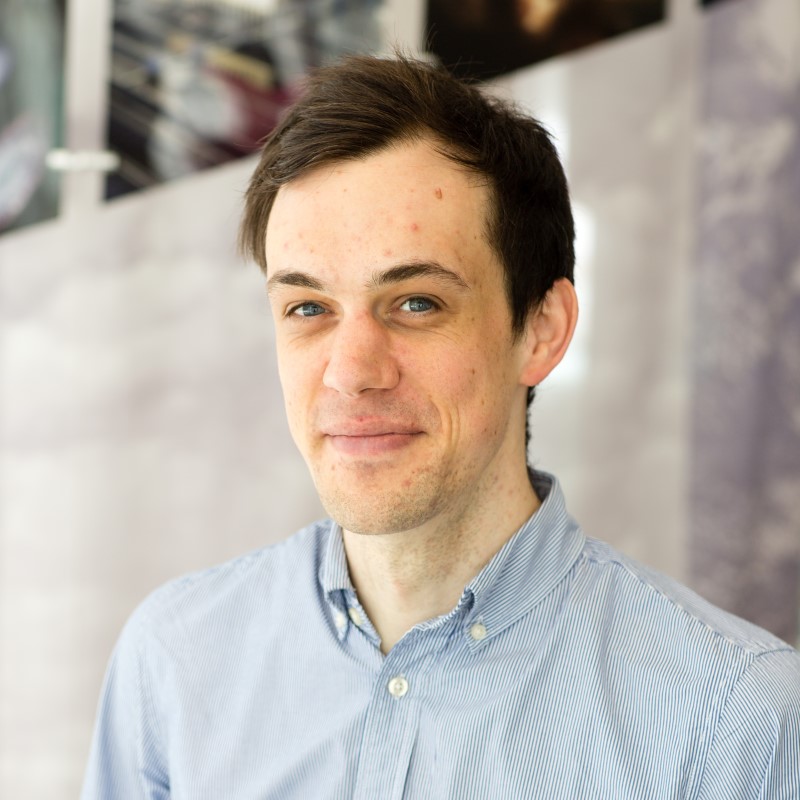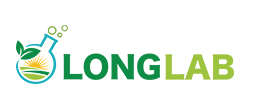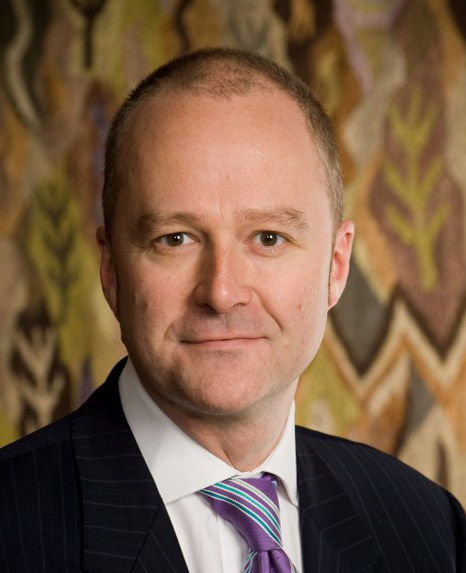Dr Steven Burgess, from the University of Illinois at Urbana-Champaign, has recently joined the Royal Society Open Science editorial team. We asked him a few questions about his research and interest in publishing.

Dr Steven Burgess, from the Long Lab at the University of Illinois at Urbana-Champaign, has recently joined the Royal Society Open Science editorial board as part of the Biochemistry, Cellular and Molecular Biology section. We asked him a few questions about his research and interest in publishing.
Tell us a bit about your field of research and what attracted you to it.
I am a molecular biologist with an interest in synthetic biology. I use my skills to understand how to engineer photosynthesis with the long term aim of increasing food and fuel production. I have always had a passion for environmental protection and battling climate change, along with a fascination of how things work at the molecular level. As an undergraduate I was captivated by the beauty of photosynthesis as a concept – how nature can harvest the power on sunlight for the production of chemical energy, and I have been hooked ever since.

What was your experience of research life under lockdown?
At our college, the strict lock down lasted for about 12 weeks when we were asked to work remotely. I was very fortunate, having my wife and cat as company really helped, and as we don’t have kids and our house is fairly spacious for just the two of us, we were comfortable. I had a fair amount of data to process and organize, and papers to write. This meant I was kept busy and didn’t run out of things to do, but if it had gone on much longer I would have been struggling. It was also a time for reflection, it really made me realize how lucky I am to have a job that I can do remotely during these times, and highlighted the privileges that I have, that make life easier for me than many others. Doing what I can to address these disparities will be a priority for me going forward.
Tell us a bit about your wider interest in scholarly publishing.
Manuscripts are currency as scientists, or at least for the moment. For better or worse, in a large part we are judged on what we publish. I am very interested in trying to push for a broader criteria of excellence, one in which we as researchers define for ourselves. Very few people you will speak to will say that they are primarily motivated by publishing papers. I would like to see other issues valued and recognized, such as good mentoring to help promote early-career researchers and their development, good practice in experimental design, good data practices that increase reproducibility. So things like extended protocols, well-documented data and reproducible scripts, reproducibility studies, negative results are all excellent.
I’m also interested in fast dissemination of research, avoiding multiple rounds of peer-review, good practice in peer-review that doesn’t lead to unnecessary experiments and wasted time, so I think pre-prints, peer-review training and open peer review are all good. I’m interested to see how pre-prints continue to evolve and how the publishing system adapts. Ultimately I’m optimistic, and I hope that it will work to shift power back into the hands of researchers, I recognize that professional publishers perform an important function but worry that the current balance is unhealthy.
What interested you in the Associate Editor role with Royal Society Open Science?
My principles align well with the aims of the journal. I am a proponent of objective peer-review, and really like other aspects such as publishing reviewer reports, which can help to encourage good behaviour and allow others, particularly early career researchers, to have access to expert opinion on a manuscript and learn about peer review in the process. In addition, article level metrics are an advance on the problematic journal impact factor and I think open data is really important as mentioned above.
Interested in submitting your research to Royal Society Open Science? We encourage submissions of Research Articles, Registered Reports, Replications, Evidence Synthesis, as well as proposals for Reviews.




